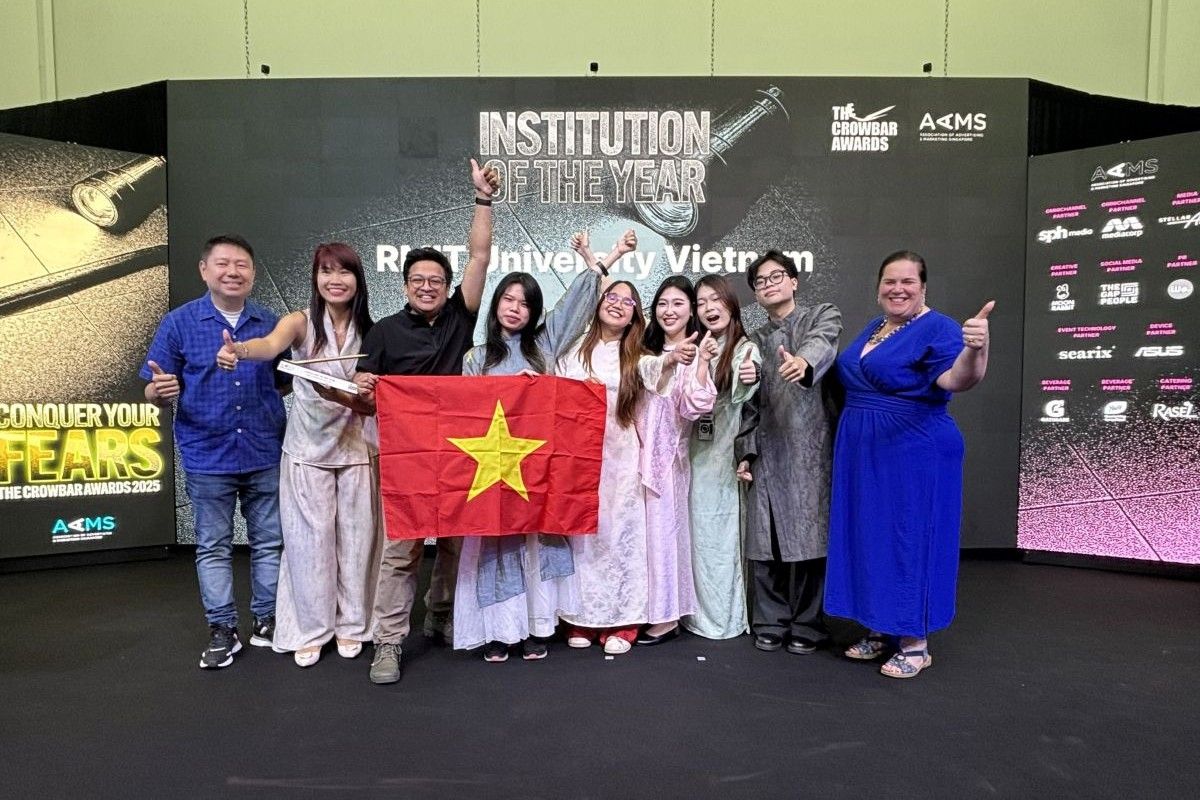With the tremendous growth of Vietnamese cinema in Vietnam, coupled with the heightened acknowledgment of Vietnamese films at major international film festivals, and the 50-year anniversary of the end of the American conflict in Vietnam (in April 2025), films portraying Vietnamese stories and characters are poised for global attention.
This presents opportunities for young and talented Vietnamese filmmakers to get their voices heard and have their stories told to the world.
The growing need for film practitioners in Vietnam can be explained by the expansion of the film industry, changing audience preferences, and technological advancements.
Online media outlets and social media platforms are becoming key communication channels, demanding strong visual storytellers across various formats.
These formats include feature films, television, cable TV, web videos, podcasts, MVs, branded content, TVCs, documentaries, media billboards and even short-format viral content. It is an exciting time to be a content creator in Vietnam as new opportunities abound for this growing market.
The rehashing of Hollywood formulas and “franchise fatigue” of super-hero blockbusters, sequels and prequels may have sparked a renewed interest in home-grown content and seeing positive representations of Vietnamese people on big and small screens.
With the rising demand and viewership come bigger budgets which result in higher production value and a call for better storytelling and performances.
As Vietnam opens up more to what can be presented on screen, a wider range of genres can be explored, which allows different stories to be told, different voices to be heard and discovered, thus giving audiences more choices to select from.
Projects in the future may not only succeed locally but have a life beyond current borders in the wider international market.
Prepare for global opportunities knocking
The Film and Media programs at local universities will become hotbeds for strong visual storytellers who can contribute to Vietnamese cinema and solidify it on the global map. The world will come knocking on Vietnam's door soon, and we must be ready to deliver.






